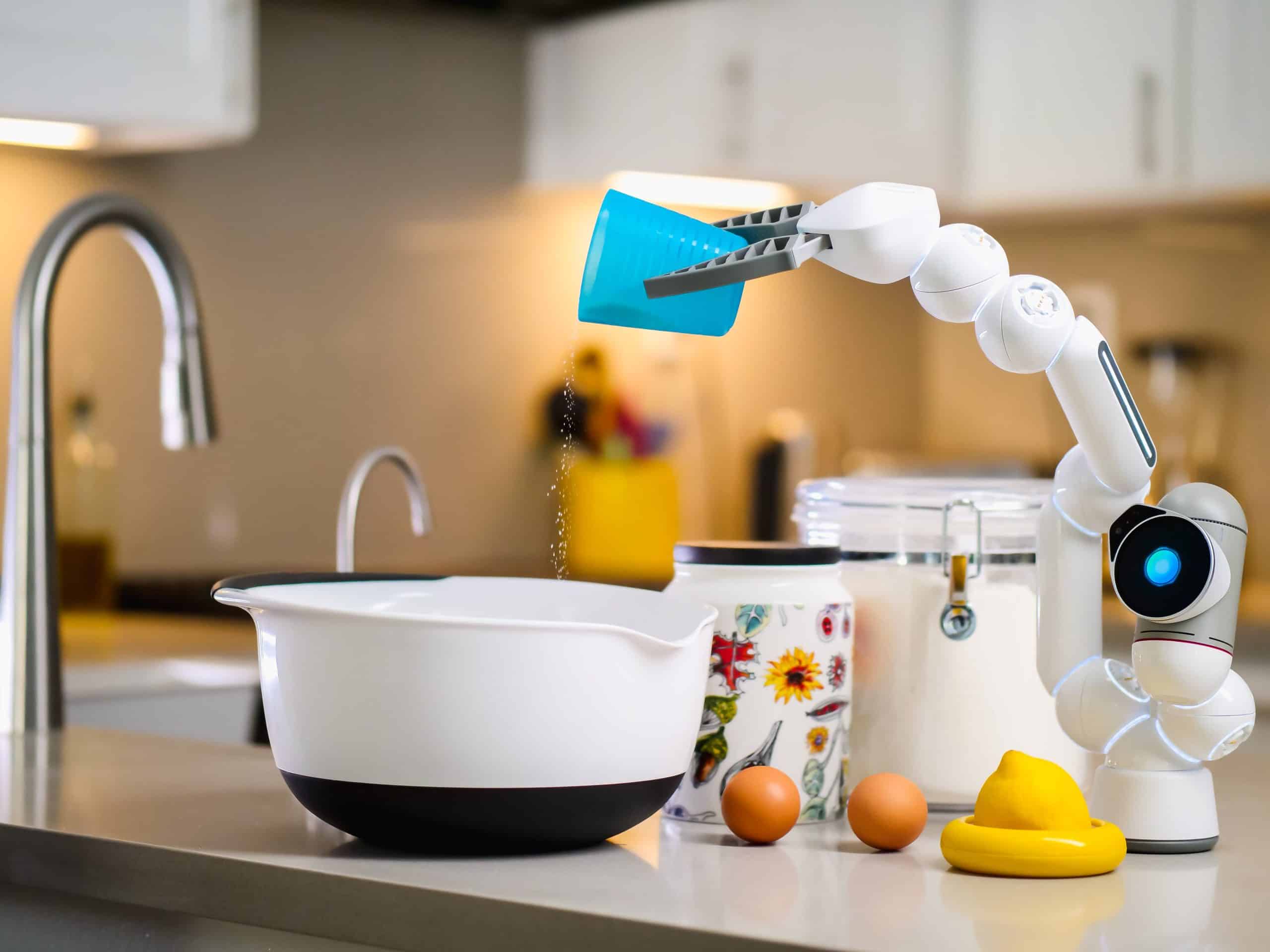Can Smart Home Technologies Contribute to Energy Conservation in Residential Buildings?

With the advent of the Internet of Things (IoT), smart home systems have become increasingly popular. From managing the lighting of our homes to controlling the usage of appliances, these technologies provide a high level of comfort and convenience. But beyond the bells and whistles, can they also contribute to energy conservation in residential buildings? Let’s delve into the world of smart home technologies and see if they can indeed make our homes more efficient.
The Role of Smart Home Technologies in Energy Management
Many homeowners have started integrating smart home technologies into their homes. But what do these systems actually do? At the most basic level, they allow homeowners to control and automate a variety of devices and appliances in their homes. This could range from lighting systems to heating and cooling units, and even appliances like washing machines and refrigerators.
A lire aussi : How Is 3D Bioprinting Advancing the Field of Regenerative Medicine?
These systems allow homeowners to monitor and manage their energy consumption in real time. For example, some smart thermostats can learn your schedule and preferences, adjusting the heating and cooling of your home to conserve energy when you’re not around. On the other hand, smart lighting systems can adjust the brightness of your lights based on the time of day or even your mood, thus preventing unnecessary energy waste.
Smart home technologies also come with energy management features that allow homeowners to track their energy usage over time. This information can be used to identify patterns and trends, helping homeowners make more informed decisions about their energy usage. For instance, if you notice that your energy consumption spikes at certain times of the day, you could adjust your usage habits to save energy.
Lire également : Can AI Algorithms Detect Financial Fraud More Effectively Than Traditional Methods?
Increased Energy Efficiency Through Smart Home Systems
One of the main advantages of smart home systems is their potential to increase energy efficiency. This is because these systems can automatically adjust the operation of appliances and devices to save power. For instance, a smart fridge can regulate its temperature based on how full it is, while a smart washing machine can adjust its water usage based on the weight of the load.
In addition, smart home technologies can use predictive analytics to optimize energy consumption. For example, a smart thermostat can learn from your past behavior and adjust the temperature of your home accordingly. If you usually come home at 6 PM, the system can start heating or cooling your home a few minutes before you arrive, ensuring that your home is at the perfect temperature when you get there and reducing energy waste.
Moreover, smart home systems can integrate with renewable energy sources, further increasing their energy efficiency. For instance, a smart home system could be set up to use solar power during the day and switch to grid power at night. This not only allows homeowners to save on their energy bills, but also reduces their carbon footprint.
How Homeowners Can Benefit from Smart Home Technologies
Smart home technologies not only make homes more energy-efficient but also provide a number of other benefits for homeowners.
For example, they can significantly reduce energy bills. Since these systems can optimize energy usage and reduce waste, homeowners can save a considerable amount of money over time. In fact, some studies suggest that smart home technologies can reduce energy bills by up to 20%.
In addition, these technologies can greatly improve the comfort and convenience of homes. With smart home systems, homeowners can control various aspects of their homes at the touch of a button or even through voice commands. This means that you can turn on your heating system while you’re still in bed, or dim the lights without having to get up from the sofa.
Moreover, smart home technologies can increase the value of homes. As these technologies become more popular, homes equipped with smart home systems are likely to be more attractive to potential buyers. This could potentially increase the resale value of homes, making these systems a good investment for homeowners.
The Challenges of Implementing Smart Home Technologies
While smart home technologies offer numerous benefits, their implementation also comes with certain challenges. One of the main issues is the cost of these systems. High-end smart home systems can be expensive, and their installation may require professional help, adding to the overall cost.
Another challenge is the compatibility of different devices. Not all smart home devices work with all systems, and homeowners may need to invest in a specific ecosystem of products to ensure seamless integration.
Lastly, privacy and security concerns are also an issue. As smart home devices are connected to the internet, they can be vulnerable to cyber-attacks. Therefore, homeowners must ensure that their systems are secure and that their personal information is protected.
Despite these challenges, the benefits of smart home technologies in terms of energy conservation and efficiency cannot be understated. As these technologies continue to evolve, they are likely to become more affordable and accessible, making it possible for more homeowners to take advantage of their benefits.
The Future of Smart Home Technologies and Energy Conservation
As we delve further into the 21st century, the potential of smart home technologies for energy conservation in residential buildings is becoming increasingly apparent. Experts predict that as these technologies continue to evolve, they will play an even more significant role in home energy management and conservation.
The development of more sophisticated and intuitive smart devices and systems is expected to significantly enhance energy efficiency in homes. For instance, future smart thermostats may be able to not only learn from your past behavior but also predict your future activities and adjust the heating and cooling of your home accordingly. Similarly, advances in artificial intelligence and machine learning could allow smart lighting systems to anticipate your needs and adjust the lighting in your home in real time.
In terms of renewable energy sources, future smart home systems could help homeowners make the most of these resources. For instance, a smart home system could be programmed to automatically switch to solar power during the day, when the sun is shining, and then switch back to grid power at night, or when the sun is not shining.
Moreover, advances in battery technology could allow homeowners to store excess energy generated by their solar panels or other renewable energy sources. This stored energy could then be used at night or during power outages, further reducing the reliance on grid power and contributing to energy conservation.
Conclusion
In conclusion, smart home technologies hold great potential for energy conservation in residential buildings. By allowing homeowners to monitor and manage their energy consumption in real time, these technologies can significantly increase energy efficiency and reduce energy waste.
Furthermore, the integration of smart home systems with renewable energy sources can further enhance their energy-saving potential. And with advances in technology and a growing awareness of the need for energy conservation, these systems are expected to become more widespread in the future.
However, it is also important to address the challenges associated with the implementation of smart home technologies, such as cost, device compatibility, and privacy and security concerns. As these technologies continue to evolve, it is hoped that these challenges will be addressed, making smart home technologies more accessible and attractive to homeowners.
In the meantime, homeowners can start taking steps to make their homes more energy-efficient, such as monitoring their energy usage, adjusting their usage habits, and investing in energy-efficient devices and appliances. By doing so, they can not only save money on their energy bills but also contribute to a more sustainable future.
